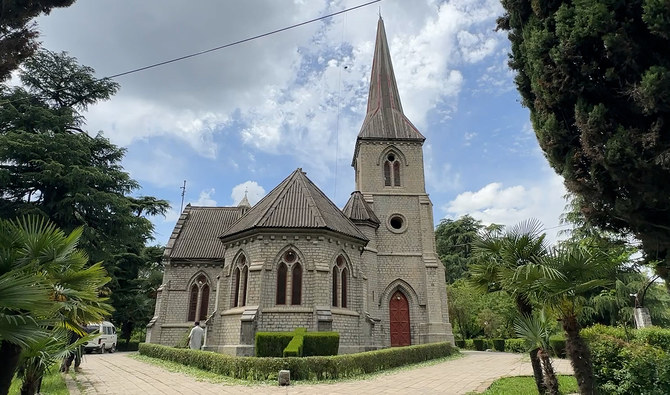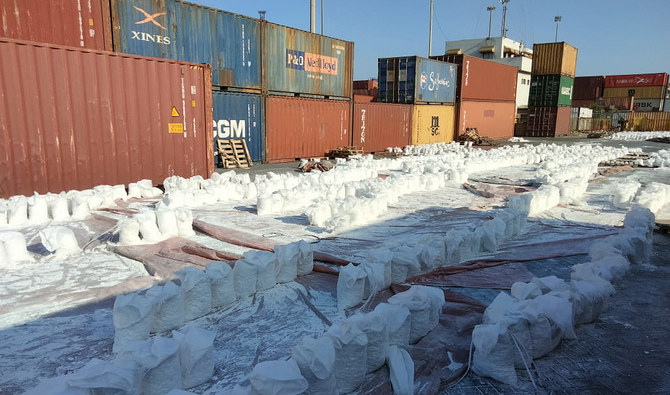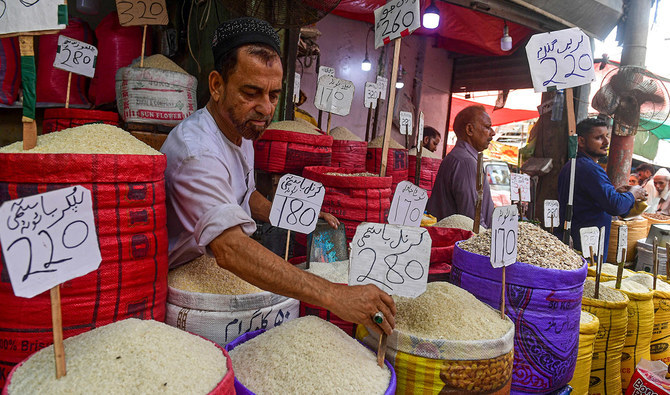KARACHI: Leading Japanese automaker, Toyota, is optimistic that the Pakistani auto market will rebound soon and achieve a 500,000-unit milestone by 2030 despite a staggering 50 percent drop in automobile sales in recent months, a top official said this week, amid improvement in economic indicators.
Automobile manufacturers sold 7,700 units in Pakistan in November, which was 60 percent lower than the previous year’s, according to the Pakistan Automotive Manufacturers Association (PAMA) and the Karachi-based Topline Securities brokerage house. The combined sales have dropped by 50 percent to 33,638 units in the first five months of current fiscal year (July-November) as compared to 67,104 units sold during the same period last year.
Though the auto industry continues to grapple with a prevailing sales crisis, there is a sense of optimism among automakers that the market will soon rebound. According to global data and business intelligence platform Statista, the passenger-car market in Pakistan is projected to generate a revenue of more than $4 billion in 2023.
“This year we are going through a crisis situation, the economic situation is quite struggling, but we've seen auto market going up and down,” Ali Asghar Jamali, chief executive officer of Indus Motor Company (IMC) that makes Toyota vehicles in Pakistan, told Arab News in an exclusive interview on Thursday.
Currently, Jamali said, the auto industry was operating at up to 30 percent of its capacity, but post-January 2024 things would rebound because of agricultural income, various fiscal steps taken by the government and the upcoming elections, scheduled to take place on Feb. 8.
The auto market would surpass 350,000-unit annual sales in the next two years and 500,000-unit milestone by 2030 on the back of improving economic indicators, according to the IMC chief.
“Hopefully, as the economic indicators improve, which are improving in our country, we are seeing slow and steady progress... and hopefully in the next 24 months market comeback to 350,000 units,” he said.
To a question about key factors behind low sales, Jamali said high interest rates, which made financing expensive, and record inflation had resulted in a drop in auto sales in the country.
“[But] as our market is improving, our economic situation is improving, we will see that the financing, interest rates are going to start coming down and we'll see financing coming back which will improve the sales,” he said.
Pakistan currently has one of the highest interest rate regimes, maintained by the central bank at 22%, to curb high inflation that hit a record high of 38 percent in May this year.
Despite the prevailing challenges, Toyota this week launched its first locally manufactured hybrid electric vehicle (HEV), Corolla Cross, in Pakistan that is over 50 percent localized in terms of value. The company claims that the vehicle has 35 percent less carbon emissions.
“Toyota has decided to launch its product because times are tough right now but this too shall pass and remember, we are not in a sprint, we are in a marathon,” the IMC chief said, adding the Japanese automaker had invested $100 million in Pakistan for the launch of the HEV.
“We constantly invest in Pakistan so this product that we brought in here, we invested $100 million. There is investment that is constantly going on and right now also, we're investing in our products to enrich, to bring new products.”
In a groundbreaking development this year, Master Changan Motors Limited (MCML) also exported vehicles worth approximately $250,000 from Pakistan to Kenya.
Jamali, a former chairman of PAMA, said his company was also in talks with the Pakistani ministry of industries for the export of automotives from Pakistan.
“Right now, obviously, those discussions have just started,” he said. “We are going to submit some plans to them, obviously we do plan to do some exports also, but because in case of auto, we've just started and there are a lot of impedance.”
The IMC chief said his company was exporting vehicles, but its exports were minimal and needed to be jacked up through collaboration with the government.
“We do small exports, right, which are in our control but there are some things that we want to have collaboration with the government where we could have in some countries we would need FTAs (Free Trade Agreements),” he said.
Jamali said the IMC was focusing on the countries in the African region, where a market existed for right-hand drive vehicles.
“In Africa, there are some countries which are right-hand drive,” he explained. "We are looking into those markets to tap those markets and we are working with both the government of Pakistan and Toyota Motor Corporation [as to] how we can tap these markets so that we can also have some export from Pakistan."
Pakistan needs localization and upsurge in production to increase export of automotives to other countries, according to the IMC chief.
“Localization is the key. If you don't localize, how will you export,” he said. “If you localize, obviously your competitiveness will increase to export, so that's the key. If you're going to import everything, how can you export.”
Pakistan could increase export of some basic raw materials including fabric, leather seats, auto parts and vehicles at present, which would increase with the increasing volume, Jamali suggested.
















